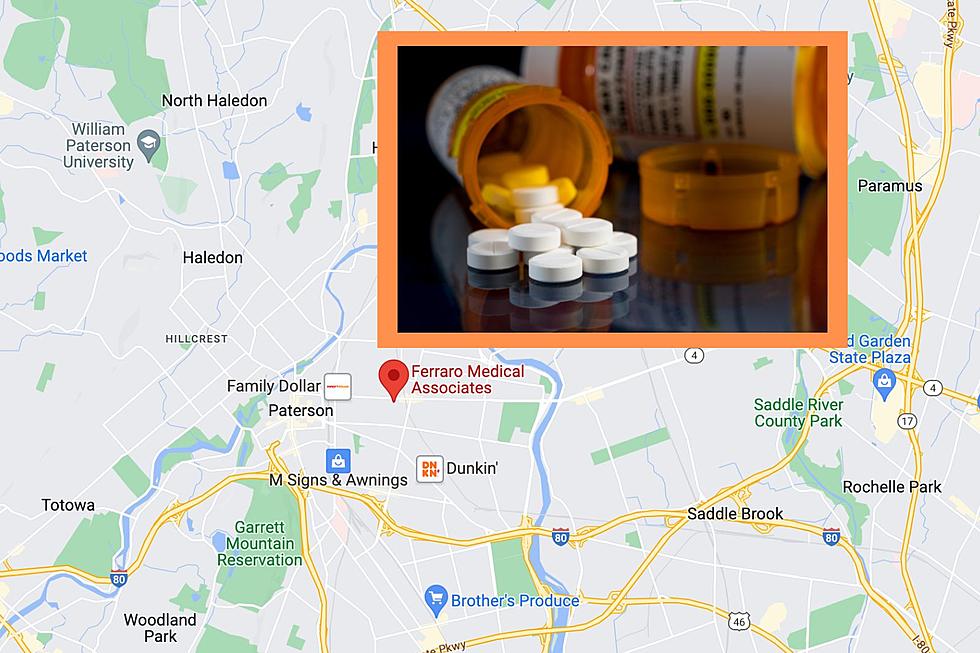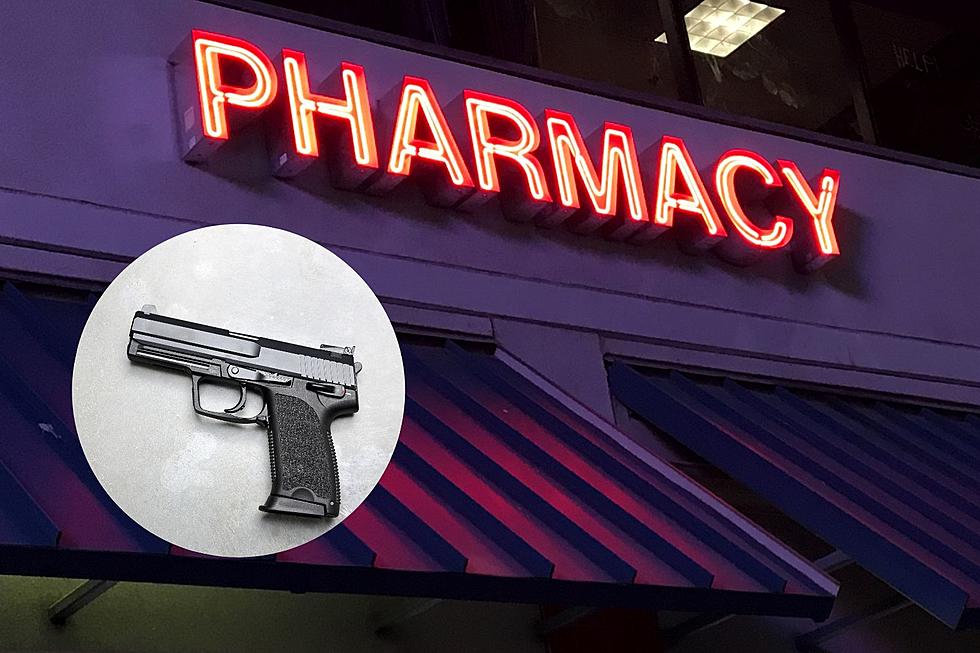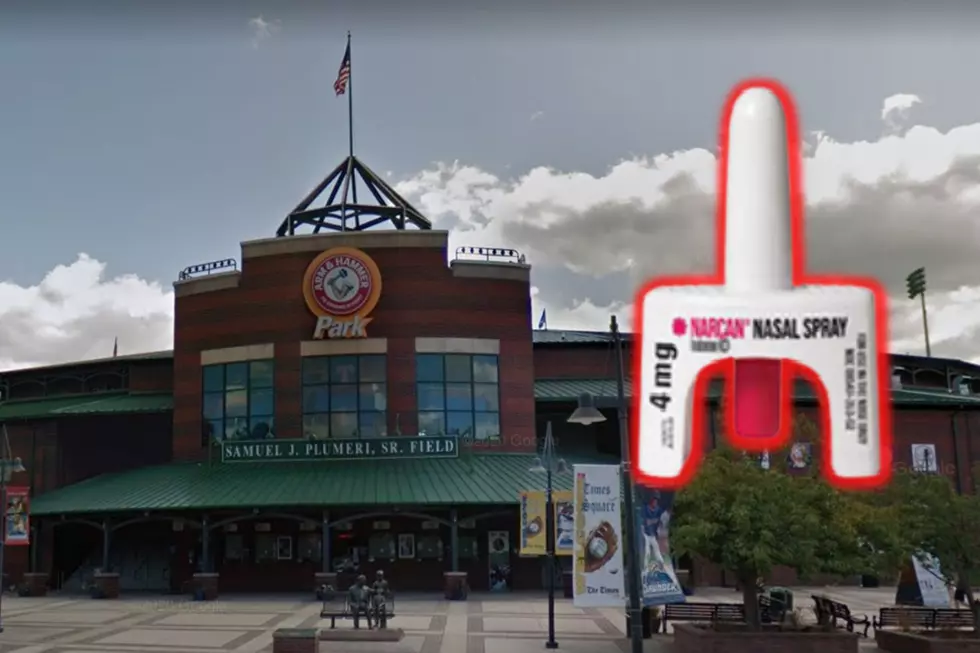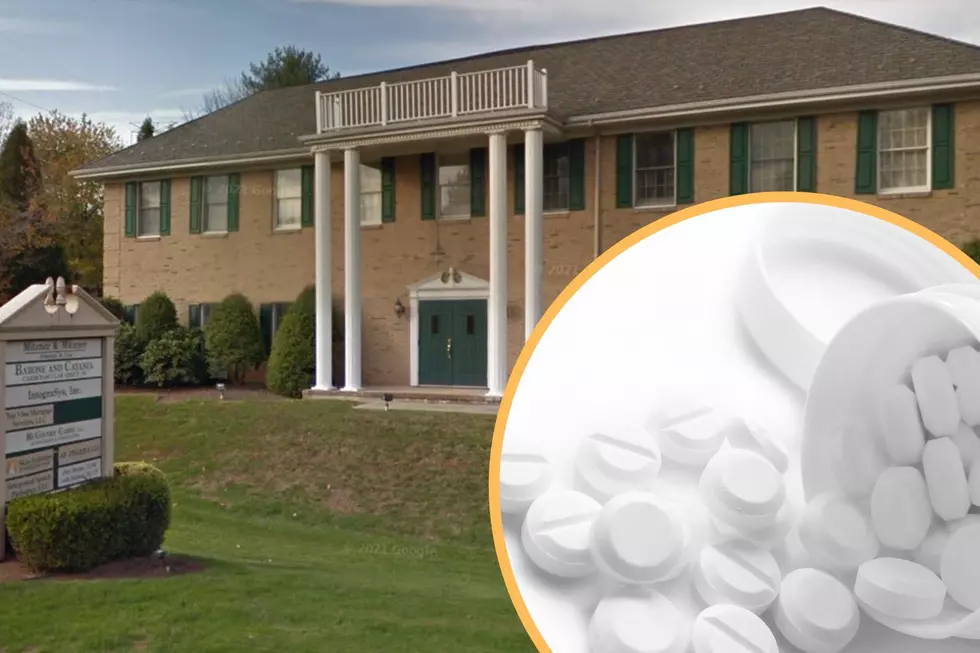
Minnesota conference will address US opioid epidemic
MINNEAPOLIS -- Law enforcement, health professionals and addiction specialists from around the country will convene in Minnesota next week to talk about ways to address the growing number of deaths from heroin, prescription painkillers and other opioids.
The two-day conference, beginning Wednesday, will also address the emerging problem of fentanyl, a powerful synthetic opioid that's blamed for a surge of deaths in some parts of the country -- including the April 21 overdose death of Prince at his suburban Minneapolis home.
"We are in the midst of an opioid crisis in this country," said Rusty Payne, a national spokesman for the U.S. Drug Enforcement Administration. "We've got to figure out how to deal with it."
Authorities said a multi-pronged approach is necessary to keep more people from becoming addicted.
Kent Bailey, the head of the DEA office in Minnesota, said as part of that approach, authorities need to go after those peddling opioids, health professionals need to change prescribing practices to keep people from getting hooked, and more must be done with rehabilitation so addicts can get help.
"It takes the whole community to try to solve these problems," Bailey said. "Law enforcement can't do it alone."
According to the Centers for Disease Control and Prevention, a record high of 47,055 people died from drug overdoses in the United States in 2014. More than half of those deaths involved some type of opioid, including heroin.
The national conference, entitled "Saving Lives -- Innovative Solutions to the Opioid Epidemic," will bring together authorities and industry experts in hopes that they can learn from each other and find solutions, said U.S. Attorney Andy Luger.
For example, Luger said, while it's well known that naloxone can be used to stop an opioid overdose, authorities have found that many people will slip right back into addiction after their lives are saved. To stop that cycle, some cities have programs to get people immediate help.
"Part of saving one's life is helping them turn it around and finding treatment options for them on the spot," he said.
Payne said that when officials look at what's on the horizon, fentanyl is seen as an emerging threat.
Fentanyl and other synthetic opioids were involved in 5,554 overdose deaths in 2014, a 79 percent increase over 2013, according to the CDC. The DEA issued a nationwide alert after it received reports of more than 700 fentanyl-related overdose deaths in late 2013 and 2014.
The drug is up to 50 times more potent than heroin, Payne said. It has some legitimate medical uses, but most of the fentanyl used illegally is manufactured in clandestine labs in China, and often laced into heroin or counterfeit pills.
Payne said authorities, health professionals and educators need to concentrate on reducing demand for opioids.
"We've got to get less people starting and we've got to get people off of it that have started," he said. "We've got to make sure the next crop of Americans don't fall into it."
(Copyright 2016 The Associated Press. All rights reserved. This material may not be published, broadcast, rewritten or redistributed.)
More From New Jersey 101.5 FM









